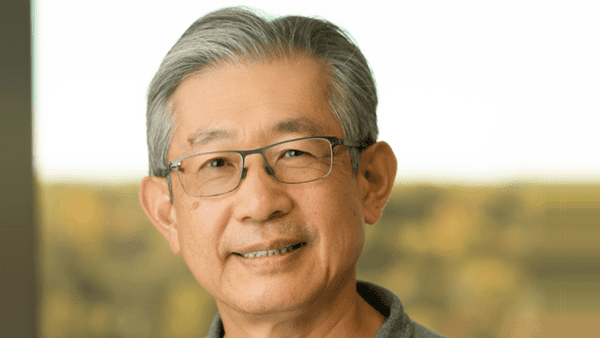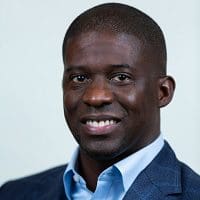
Origin AI has announced the close of an extended Series B round worth $15.9 million, with Verisure, a Swiss maker of security products, as the lead investor.
The Rockville, Md., startup — founded by professor Ray Liu, former professor at the University of Maryland in College Park – has developed innovative technology it calls WiFi Sensing to precisely track human presence, with numerous applications for security and healthcare.
Besides Verisure, a maker of security products, other investors in the round included Okinawa Electric Power Company. Prior investors Verizon Ventures and INSPiRE also participated. So far, Origin has raised $64.1 million from investors.
“This funding empowers us to advance our mission of providing reliable, efficient, and innovative WiFi Sensing solutions to customers worldwide, while also expanding our product range and growing our customer base,” said Spencer Maid, the chief executive of Origin AI.
“WiFi Sensing has an exciting potential to complement our security offering and support our mission to provide peace of mind to families and small businesses,” said Cristina Rivas, Verisure’s chief technology officer.
It Started with Submarines
Origin emerged from technology initially developed by Liu, after being called by DARPA to solve disruptions caused in submarines by WiFi signals. In indoor and underwater settings, WiFI seemed to work literally at cross purposes, cancelling out signals and degrading performance.
Liu started Origin at the University of Maryland’s incubation center, with the initial goal of enhancing 5G communication systems by eliminating similar disturbances. But a chance discovery led Liu to pivot to WiFi Sensing.
“If we moved a device by a centimeter, the communication failed; but if we moved it back to the exact location, it worked again,” Liu said in an interview published on Origin’s website, recalling an experiment in a non-line-of-sight indoor environment. “At that time, we realized that we accidentally solved a long-time conundrum of indoor positioning problems with centimeter accuracy.”
In one experiment, device location failed when someone walked through a door, but came back when the door closed. “We then realized that the location allowed us to use wireless sensing to detect if a door is closed or open, and to monitor other indoor activities,” said Liu.
Origin went on to use ambient radio waves to develop even more accurate and reliable wireless sensing, and an AI platform that used WiFi to detect human motion, falls, vital signs (e.g. breathing rate and heartbeat). It could also determine human biometric characteristics, recognize gaits and gestures, and monitor sleep.
In 2019, Origin launched its first commercial product, called WiFi Sensing, incorporating all the advanced features. WiFi Sensing could, for example, be used to detect intrusions and to monitor humans in critical-care settings, or even as a monitoring tool for everyday healthcare. WiFi Sensing could also be used for energy-efficient HVAC and lighting automation.
Commercial Real Estate
MacKenzie Companies
Advertising / Media / Communications / Public Relations
Nevins & Associates
Financial Services / Investment Firms
Chesapeake Corporate Advisors
Commercial Real Estate
Monday Properties
Venture Capital
Blue Delta Capital Partners
Internet / Technology
Foxtrot Media
Today, Origin has partnerships with several large chipmakers, such as NXP, Qualcomm, Mediatek and Realtek, and device manufacturers like arcadyan, WNC and nami. Under the deals, these companies incorporate WiFi Sensing into their products, enabling a range of capabilities.
“WiFi Sensing will become a fundamental technology for our everyday lives and the devices within them,” asserts Liu. “Every lightbulb, IoT device, TV, router, and even every car will be enabled to become WiFi Sensing devices, offering users worldwide a new sixth sense.” Such a scenario “will help make our lives safer and the world a better place,” he added.
Liu received a Ph.D. in Electrical, Electronics and Communications Engineering from the University of California Los Angeles. He was Distinguished University Professor and Christine Kim Eminent Professor of Information Technology at the University of Maryland in College Park from 1990 to 2021. Liu served as president and CEO of IEEE until earlier in 2023.







































